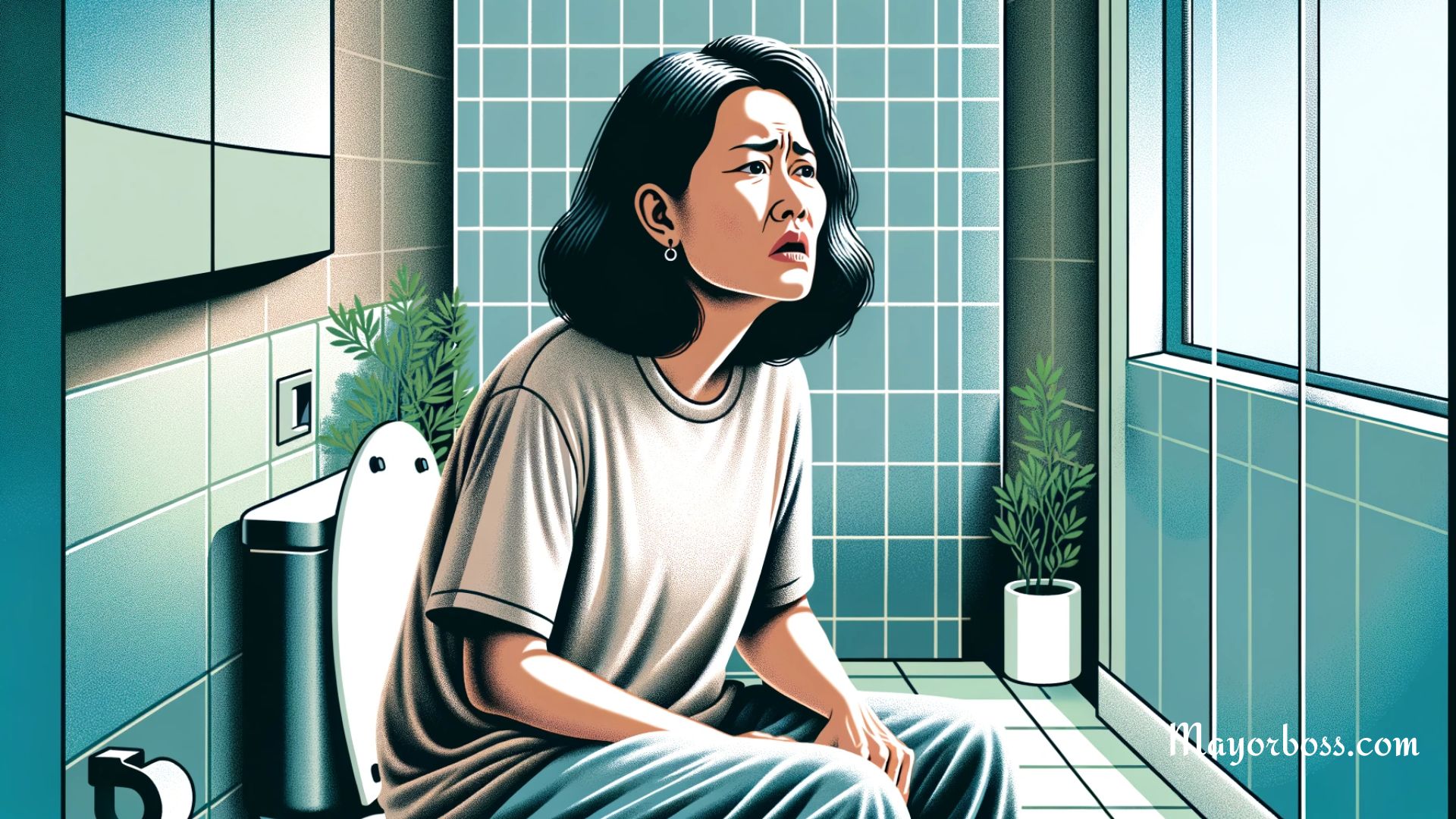What Causes Painful Urination?
What causes painful urination? Painful urination, which you might hear being called dysuria, can make a trip to the bathroom seem daunting. When it stings, burns, or hurts to pee, that’s your body’s way of sounding the alarm. Several different conditions could be the source of your discomfort.

Urinary Tract Infections (UTIs)
One of the most common reasons you might feel pain when you pee is a urinary tract infection. It’s an infection in any part of your urinary system, which includes your kidneys, bladder, urethra, and ureters. Women are more prone to UTIs, but they can happen to anyone. Aside from pain, UTIs can make you feel like you need to use the bathroom more often, produce only a little urine at a time, and cause cloudy or strong-smelling urine. Even worse, you might notice a fever or pain in your back, which can mean the infection is reaching your kidneys.
UTIs happen when bacteria sneak into the urinary tract through the urethra. They then multiply in the bladder and trigger all sorts of problems. Fortunately, they’re usually straightforward to treat with antibiotics. It’s important to drink plenty of water and finish all the medicine, even if you start feeling better before it’s all gone.
Sexually Transmitted Infections (STIs)
STIs, like chlamydia, gonorrhea, and herpes, can also lead to painful urination. These infections are passed from one person to another through sexual contact. Along with pain, you might have other symptoms like discharge, sores, or itching. Always consult with a healthcare provider if you suspect an STI because you’ll need the right treatment to clear it up.
Kidney Stones
Small, hard objects that form inside your kidneys are kidney stones. They can cause a lot of pain when they move around or start to pass out of your body. The pain can be sharp and intense, and you might also see blood in your urine. Staying hydrated helps prevent stones from forming. If you have a stone, a doctor might prescribe medication to help it pass, or in some cases, surgery might be necessary.
Vaginal Infection
For women, vaginal infections like yeast infections or bacterial vaginosis can cause painful urination. These infections lead to inflammation and irritation in the vaginal area, which can make urinating uncomfortable. Symptoms might include itching, redness, and abnormal discharge. Over-the-counter treatments can help, but seeing a healthcare provider for a proper diagnosis is better.
Dehydration
Not drinking enough water might seem harmless, but it can lead to painful urination. When you’re dehydrated, your urine becomes more concentrated. This can irritate your bladder and urethra, making urination uncomfortable. Increasing your water intake can help alleviate this issue.
Bladder or Urethral Stones
Similar to kidney stones, you can also develop stones in your bladder or urethra. These are often the result of concentrated urine or chronic infections. They can block the flow of urine and cause pain, as well as other symptoms like difficulty urinating and blood in the urine.
Medications
Certain medications can cause bladder irritation and lead to painful urination. Chemotherapy drugs are a common example, as they can affect the lining of the bladder. If you start a new medication and notice changes in urination, talk to your doctor about it.
Prostatitis
For men, an inflamed prostate, known as prostatitis, can lead to painful or difficult urination. This condition can be caused by bacterial infections or other health issues. Symptoms include pain in the groin, painful ejaculation, and sometimes flu-like symptoms.
Overactive Bladder
An overactive bladder can cause a frequent urge to urinate and may lead to pain or discomfort during urination. This condition is often related to nerve problems, muscle issues, or other underlying health conditions.
Chemical Sensitivities
Exposure to certain chemicals, like those found in bubble baths, soaps, contraceptives, or even the type of underwear you’re wearing, can irritate the urinary tract. This irritation can make urination painful. Opting for fragrance-free products and avoiding potential irritants can help prevent this.
Post-Menopausal Changes
In post-menopausal women, reduced estrogen levels can lead to changes in the urinary tract, hence making it more susceptible to infection and irritation. This can result in painful urination. Hormone therapy and other treatments might be beneficial in these cases.
Injury
An injury, like a fall or a blow to the private area, can also cause temporary pain during urination.
Other Possible Causes
Other conditions can contribute to painful urination. For example, interstitial cystitis is a chronic bladder condition that causes pain and pressure in the bladder area. Prostate problems in men can also make urination painful.
When to See a Doctor
Always seek medical advice if you’re experiencing painful urination. It’s especially urgent if the pain is severe, you notice blood in your urine, or you have other symptoms like fever, back pain, or discharge. Early diagnosis can make a big difference in how quickly you get relief and start feeling like yourself again.
Remember to stay hydrated, avoid irritants, and practice good hygiene. These steps can help prevent some causes of painful urination, but if you do feel pain, don’t ignore it. Listen to your body—it’s telling you that something needs attention.
